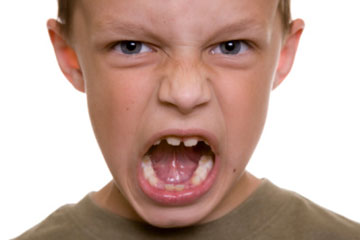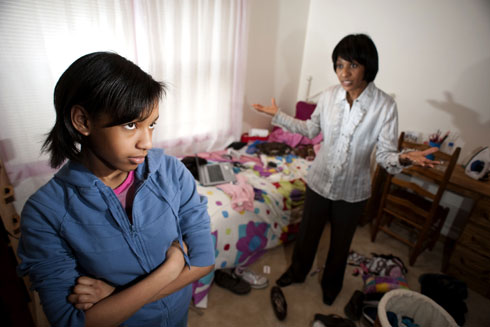The Defiant Child: A Parent’s Guide to Oppositional Defiant Disorder
by Dr. Douglas Riley and Book Review w/ @SportsShrink & Matthew Mitchel @WilsonPractice
The book The Defiant Childdelivers suggestions to understanding and aiding children with oppositional and defiant behaviors.

Dr. Riley explains his conceptualization of Oppositional Defiant Disorder (ODD) stating, “I’ve come to see it as a personality style. A lot of the ODD kids I see have a lot in common in that they tend to be pretty bright and sometimes quite vigorous physically. They like to argue and seem to have an in-born sense of equality with adults. They tend to see interaction with others, especially adults, as a win or lose proposition. So, I think an aspect of the behavior is personality driven. For example, if we went into personality theory similar to that taught by Theodore Million, there are dependent personalities, gregarious personalities, and so on. So there are some aspects of how we operate in the world that seem to be hard-wired. I think this is what oppositional personality is.”

Dr. Riley uses Diagnostic and Statistical Manual of Mental Disorders, Fourth Edition, Text Revised (DSM-IV-TR), to more clearly define ODD:
“A pattern of negativistic, hostile, and defiant behavior lasting at least six months, during which four (or more) of the following are present:”
- Often loses temper
- Often argues with adults
- Often actively defies or refuses to comply with adults’ requests or rules
- Often deliberately annoys people
- Often blames others for his or her mistakes or misbehaviors
- Is often touchy or easily annoyed by others
- If often angry and resentful
- Is often spiteful or vindictive
In The Defiant Child, Dr. Riley indicates the importance of being able to identify the difference between ‘normal’ attempts to defeat authority and oppositional behavior. He indicates that often a child who is defiant will work relentlessly to prove that an adult is “wrong, stupid, or both.”

In order to understand an oppositional youth, it is important to understand their thinking. To do this, Dr. Riley has identified several rules to aid in understanding Oppositional Defiant Disorder mind-set tendencies:
RULES
RULE 1: Oppositional Children Live In A Fantasy Land In Which They Are Able To Defeat All Authority Figures.
RULE 2: Oppositional Children Are Optimistic.
RULE 3: Oppositional Children Fail To Learn From Experience.
RULE 4: You Must Be Fair To Me, Regardless Of How I Treat You.
RULE 5: Oppositional Children Seek Revenge When Angered.
RULE 6: Oppositional Children Need To Feel Tough.
RULE 7: Oppositional Children Believe That If They Ignore You Long Enough, You’ll Run Out Of Moves.
RULE 8: Oppositional Children Believe Themselves To Be Equal To Their Parents.
RULE 9: Oppositional Children From Middle-Class Homes Emulate The Behavior Of Their Least-Successful Peers.
RULE 10: Oppositional Children And Teenagers Attempt To Answer Most Question With “I Don’t Know.”
RULE 11: Oppositional Logic Revolves Around Denial Of Responsibility.
In The Defiant Child, Dr. Riley discusses the difficulty oppositional/defiant behaviors can cause in families. He indicates that it may cause martial stress with the child’s parents as they are often blamed for “poor parenting.” He suggests that poor parenting is not the sole purpose for oppositional/defiant behaviors and opposition/defiance often stems from the child’s altered sense of reality. He indicates that typical disciplining strategies often fail when working with youth who display oppositional/defiant behaviors.
The book continues diving further into issues associated with Oppositional Defiant Disorder. It discusses the prominence of the disorder, methods to manage the disorder in older children, what can occur of ODD is left untreated, the idea of thought replacement, and additional topics related to Oppositional Defiant Disorder and parenting.
The Defiant Child: A Parent’s Guide to Oppositional Defiant Disorder is a must read for anyone living or working with child who exhibits oppositional/defiant behaviors.
Dr. Riley uses clinical examples to teach children permissible conduct and parents disciplining and behavior modification skills to thoroughly explain the complex intricacies of Oppositional Defiant Disorder.
Tip: Pick & Choose Your Battles 🙂

Parenting kids needs to be a Chess game and the parents need to stay moves ahead of the kids. If your parenting style is more like Checkers, at some point your children will be winning the games.












